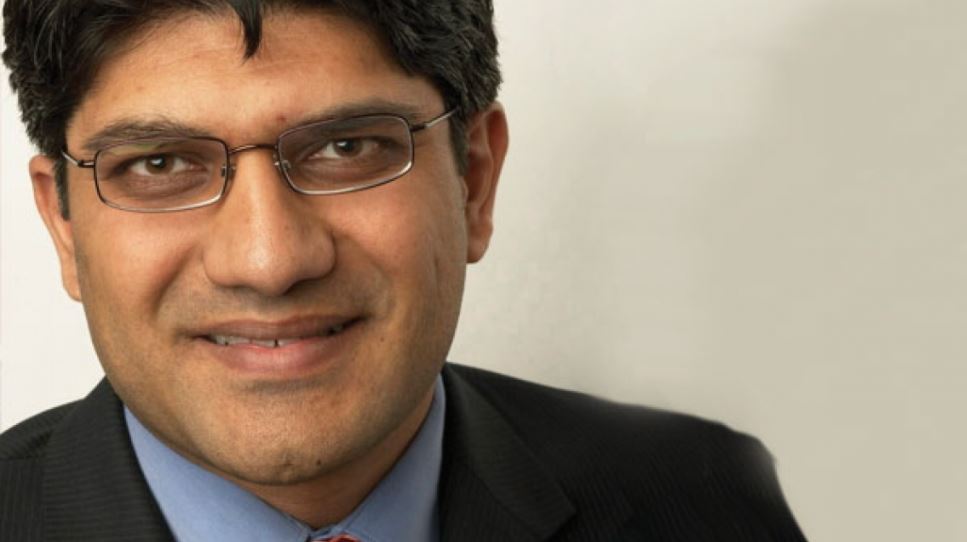By Frank Andorka, Senior Correspondent
What Happened: Jigar Shah talked with GreenBiz writer Lucy Kessler to discuss how taxes and tariffs are going to affect the future of the solar industry.
- In the interview, he argues the “sky is falling” mentality the solar industry has surrounding President Trump’s ill-advised tariffs on imported modules is counterproductive and overblown.
- He also believes that while the tax-code changes may slow tax-equity financing in solar temporarily, the dust will settle once everyone understands the details of the law.

SolarWakeup’s View: Ever since I joined the solar industry in 2011, the name Jigar Shah has been spoken in the hushed tones usually reserved for the Pope or, in certain circles, Bruce Springsteen – and with good reason.
Shah was one of the earliest investors to recognize the future of solar before it became the hip electricity source it is now, and he built an extraordinarily successful business in SunEdison (its collapse happened long after he had left). Now co-founder and president of Generate Capital, Shah is still one of the most sought-after opinion leaders in the solar industry, which is why GreenBiz did an interview with him on the subject of the solar tariffs, tax-law changes and state-level solar policy initiatives.
The whole interview is interesting because, as someone who has already seen some of the harshest cycles the solar industry has been through, Jigar Shah can stand back and look at the current policy upheaval with the unbiased eye of an outsider.
(And Jigar Shah is unflappable. I remember watching him get hounded one year at the Midwest Solar Expo by some snot-nosed reporter from an upstart solar publication about the first round of SolarWorld Americas trade actions, and he handled my incessant nagging with otherworldly grace and aplomb.)
But the point I found most fascinating, in part because it does feel like so few other people are talking about it, is where Jigar Shah talks about the future of solar manufacturing and says tariffs aren’t the right policy mechanism to restore it. Instead, he suggests the United States finally join the rest of the developed Western world and develop a national, integrated, coherent industrial policy.
I don’t know if he could hear me, but I stood up in Cleveland, Ohio, and cheered as loudly as if the Browns had won the Super Bowl.
Shah told Kessler:
I honestly think it’s more about the United States having an industrial policy. Does the United States actually want manufacturing in this country? If it does, it needs to support those companies, like they do in Canada and Germany.
We have to provide financial incentives such as loans or grants to get these companies to manufacture here, as other countries do. Tariffs are not going to support manufacturing in the United States. I think the opportunity is ripe, but only if the federal and state governments have proactive industrial policies.
It’s clear to any seasoned solar observer that the idea that tariffs will bring back solar manufacturing is idiotic. To my knowledge, only one company has decided for sure to build a new factory in the country, and its commitment has turned into the incredibly shrinking Jacksonville plant. There are rumors of others, but as of now they are just that – rumors. One company that tried to save itself with the tariffs is near to being sold off for parts, and despite loud promises, only whispers are coming out of the other’s headquarters now.
In the end, Shah’s forward-thinking idea is the way to bring solar manufacturing back to the United States. If only our leaders in Washington could hear and heed Shah’s “radical” advice (it’s only radical in this country).
More:
An optimistic Jigar Shah talks tariffs, taxes and state leaders in clean energy
[wds id=”3″]




